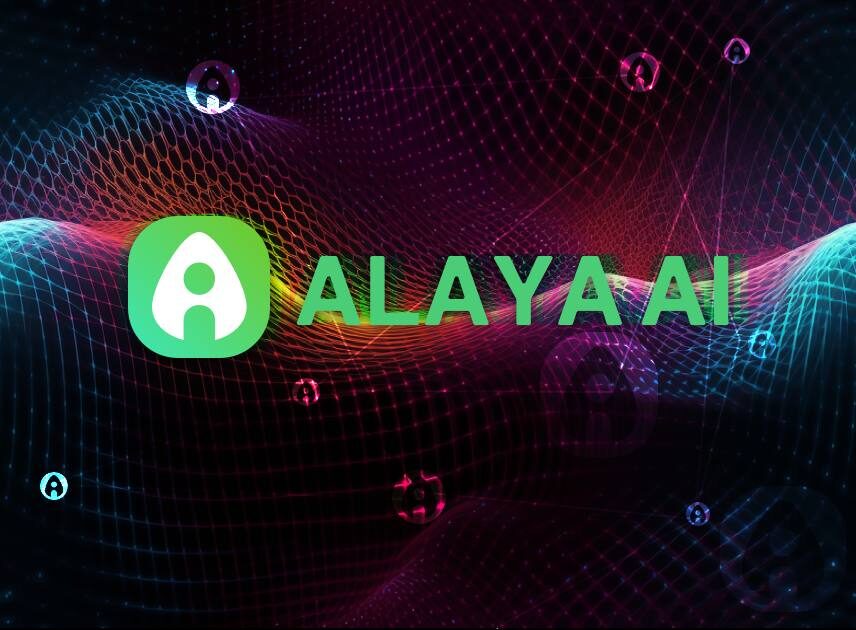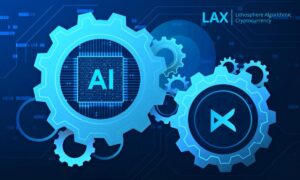In today’s rapidly evolving era of artificial intelligence, high-quality data stands as the foundation of innovation. Alaya AI is redefining the way data is labeled by integrating decentralized Web3 technologies with advanced automated annotation tools. By bridging the gap between traditional manual labeling and highly efficient automation, Alaya AI not only reduces costs and boosts data labeling efficiency, but also empowers a global community to share in the value creation.
A Paradigm Shift in Data Labeling
Traditional data labeling methods are often plagued by inefficiency, high costs, and inequitable compensation structures. Alaya AI directly addresses these challenges through its innovative “Label to Earn” model. By leveraging blockchain technology, the platform eliminates intermediaries and facilitates direct connections with data labelers across the globe. Participants are rewarded through a dual NFT and token incentive mechanism—one NFT grants access to labeling tasks, while the other serves as a credential certifying professional expertise. This approach not only ensures the quality of labeled data but also fosters a fair and transparent incentive system.
Advanced Automation for Superior Efficiency
At the heart of Alaya AI’s innovation lies its cutting-edge AI automation toolkit. This system leverages a three-layer intelligent optimization architecture, combined with reinforcement learning from human feedback (RLHF), to execute repetitive labeling tasks without compromising on accuracy. Whether it’s image annotation, video processing, or text transcription, the platform seamlessly adapts to diverse data modalities. Looking forward, this level of automation not only promises to dramatically accelerate the construction of large-scale, high-quality datasets—crucial for advanced AI applications ranging from autonomous driving and medical diagnostics to financial risk modeling—but also significantly reduces the associated training costs.
Empowering a Global Data Community
Alaya AI’s decentralization extends beyond technology to its global community-building efforts. With over one million registered users and tens of thousands of daily active participants, the platform brings together a diverse range of data sources, enriching both data variety and quality. This diversity reduces bias and strengthens the real-world relevance of training data. Moreover, the platform’s Open Data Platform (ODP) enables frictionless Web3 data exchange, allowing developers to build customized data pools and significantly lowering the cost of labeling for small and medium-sized teams.
Looking Ahead
Looking ahead, Alaya AI will continue to refine its suite of automation tools while expanding its footprint across emerging industries and new geographical regions. The platform intends to integrate more advanced natural language processing and computer vision technologies to address the increasingly complex demands of sectors such as retail and autonomous driving. At the same time, by exploring synergies with decentralized physical infrastructure networks (DePIN) and AI-powered hardware, Alaya AI aspires to transform everyday interactions into opportunities for data generation—ultimately realizing its vision of becoming a truly “decentralized AI data factory.”
Conclusion
As artificial intelligence continues to permeate every aspect of modern life, the demand for high-quality, diverse, and efficiently labeled data is more critical than ever. Alaya AI is reshaping the landscape of data labeling through its unique blend of decentralized Web3 principles, automation, and gamified user engagement. By democratizing data access and aligning incentives fairly, Alaya AI not only accelerates AI development but also paves the way for a more inclusive and sustainable data economy.
Website | X | Telegram | Medium



































